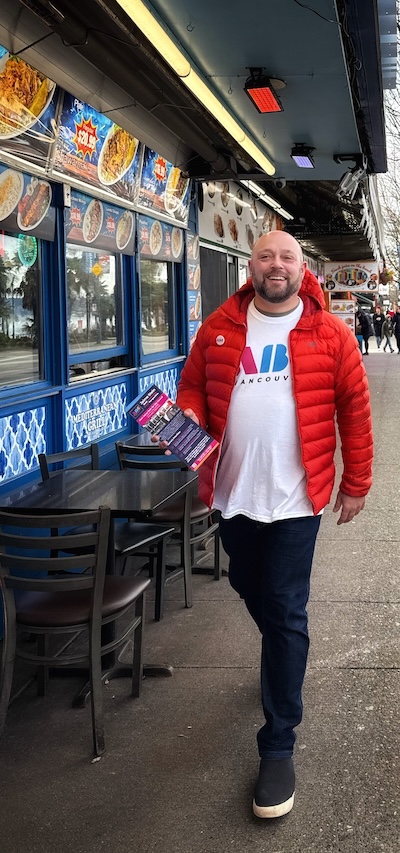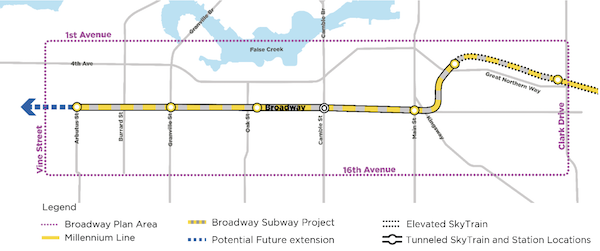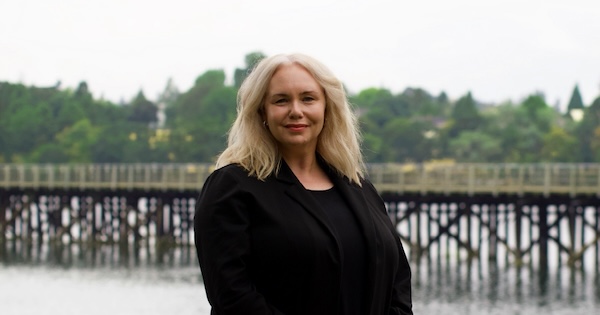You may not know there is an election underway. Voting to elect delegates to the Canadian Zionist Federation closes Sunday, so you still have time to cast your ballot.
Although some of us have been receiving emails urging us to vote, it’s likely that most of us don’t even know there is campaign going on. It’s not front-page news.
Those chosen in the CZF election on Sunday will become delegates to the 39th World Zionist Congress, in Jerusalem, in October. (The legendary First Zionist Congress was convened by Theodor Herzl, in Basel, Switzerland, in 1897.)
Even if you haven’t yet heard about the elections, we think it’s worth taking a few moments to familiarize yourself with the slates, their platforms, and the role of CZF in connecting Canadian Jews to Israel. We encourage you to take this opportunity to have a small but important voice in the future of Zionism and our relationship with the Jewish homeland. Registering to vote costs $2.
The Canadian Zionist Federation is a national affiliate of the World Zionist Organization, and is comprised of 11 national Jewish Zionist organizations. These include the religiously affiliated groups ARZA Canada, “the Zionist voice of the Canadian Reform movement,” the Conservative movement’s MERCAZ Canada, and the Orthodox Eretz HaKodesh; political groups affiliated with Israeli parties, including Likud Canada, Herut Canada and Meretz Canada; ethnically oriented groups like Shas Olami, affiliated with the Sephardi and Mizrahi Orthodox party Shas, and Mizrahi Canada; and a linguistic grouping, the Canadian Forum of Russian-Speaking Jewry, as well as the non-denominational, non-partisan youth group Young Judaea, and Ameinu Canada, “a national, multi-generational community of progressive Jews in Canada, the United States, Australia and Brazil.” The slates in this election reflect and overlap within and across these groupings.
The World Zionist Organization styles itself as “the parliament of the Jewish people,” and it convenes every five years. WZO sets priorities for the Zionist movement worldwide. It is the main global voice on policy around Israel-diaspora relations, on such topics as Jewish education funding abroad, aliyah and religious recognition. The WZO allocates hundreds of millions of dollars in funding through Zionist institutions like the Jewish Agency, Keren Hayesod (United Israel Appeal) and Jewish National Fund.
Through the Canadian Zionist Federation – and then via the World Jewish Congress – each of us is granted a say in these essential issues. If you care about Israel and its relationship with the diaspora, and you would like to have a voice in the direction of that relationship, this is one important avenue.
Take time to peruse the platforms of the various groups vying for your vote. You may want to place particular attention on issues around the preservation of Israeli democracy, and legal protections and social equality for women and minorities in the country. Perhaps one or more of the platforms will reflect your views on how Israel can work toward peace while protecting its citizens and ensuring the long-term security of its borders.
Read the materials and see which slate best reflects your opinion on how many millions of dollars should be spent to strengthen Jewish life in Israel and worldwide. These elections – and the decisions to be taken at the Congress to which the delegates will be sent – represent the values and priorities of world Jewry.
Israel and Jews collectively are at an unprecedented moment – and while, by definition, every moment is unprecedented, especially in Jewish history, this feels different.
Perhaps you didn’t know you were eligible to vote. Maybe you were only vaguely aware of the Canadian Zionist Federation and what it does. You had probably heard of the First Zionist Congress but maybe didn’t know that the through-line in Zionist history continues from Basel in 1897 to Jerusalem in 2025.
Now you know a little more. Dive deeper. And, on or before Sunday, vote at czf.ca.





